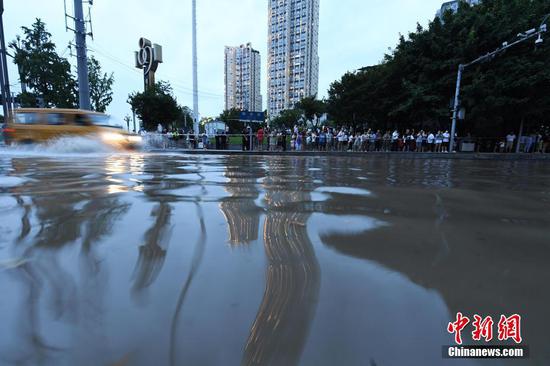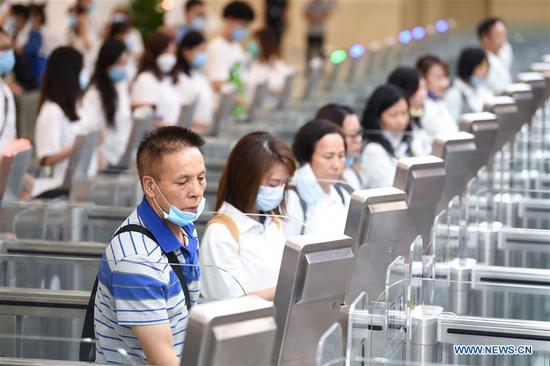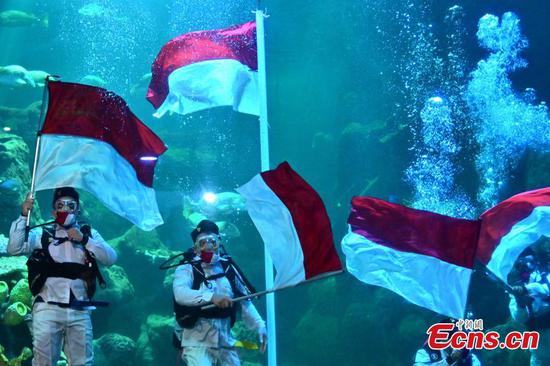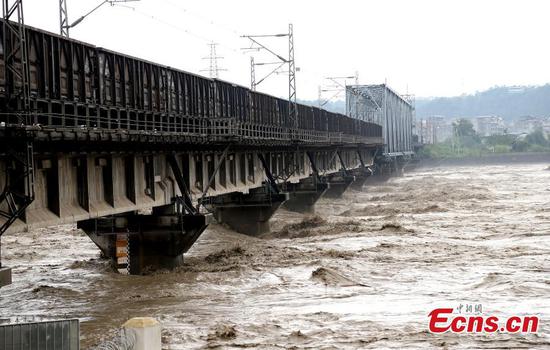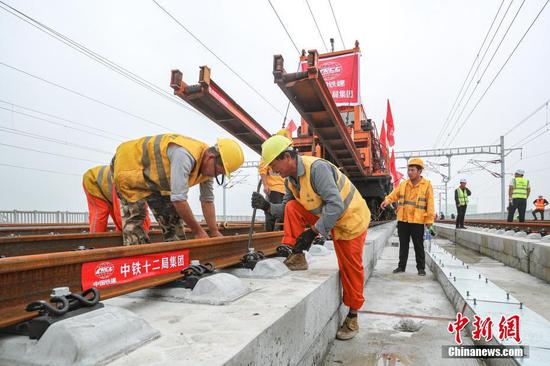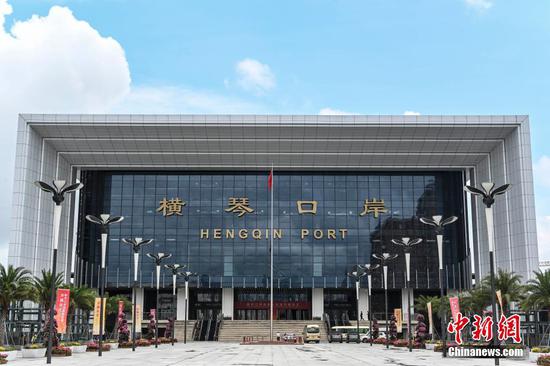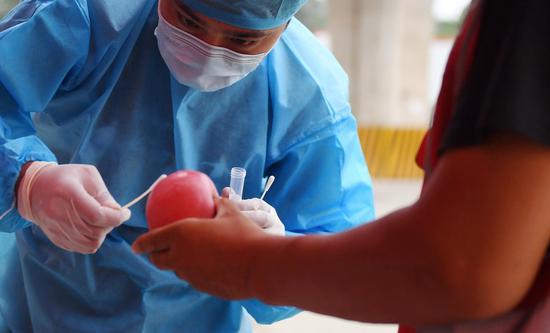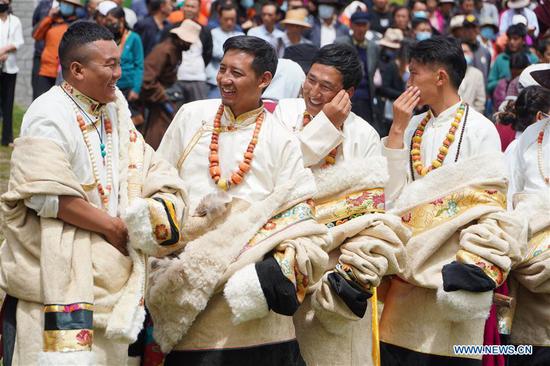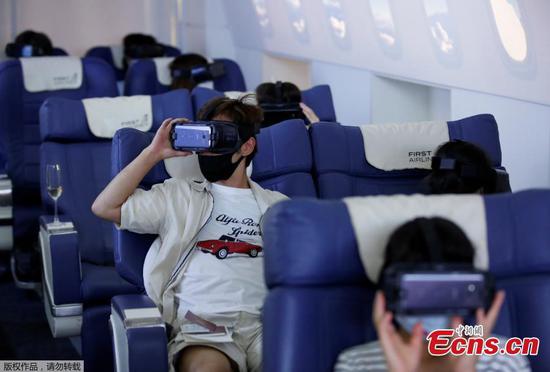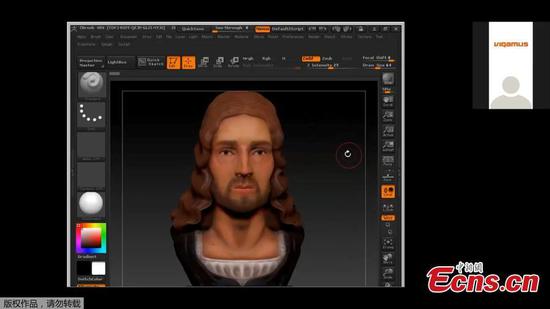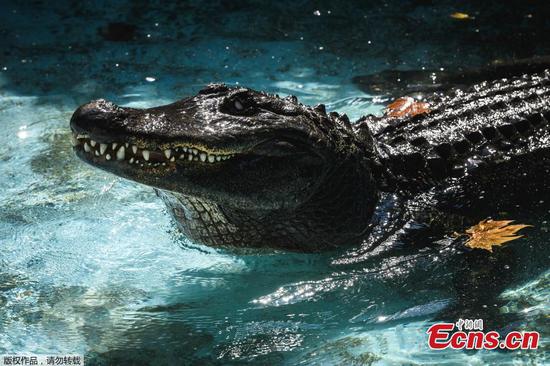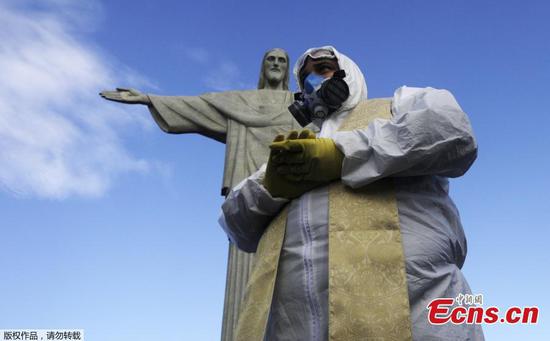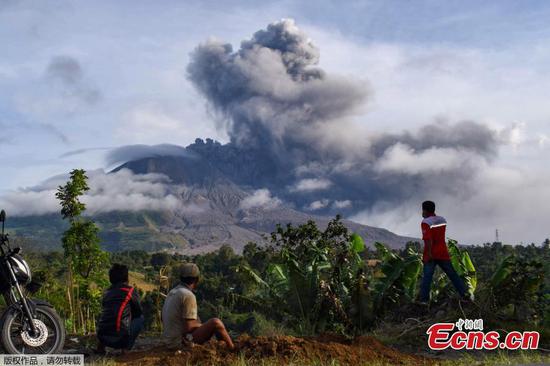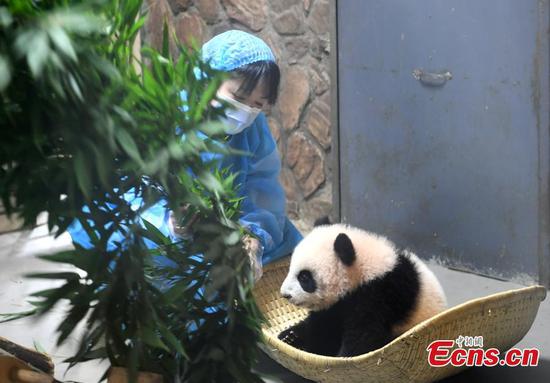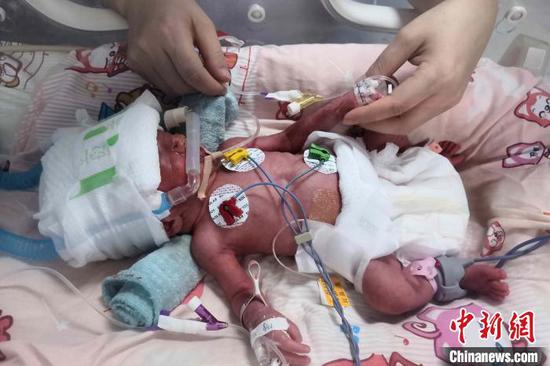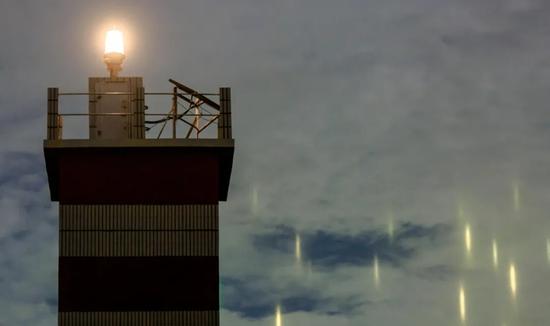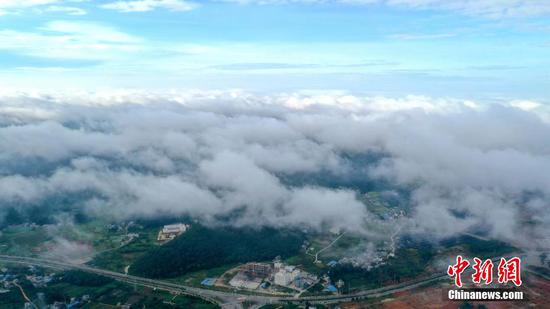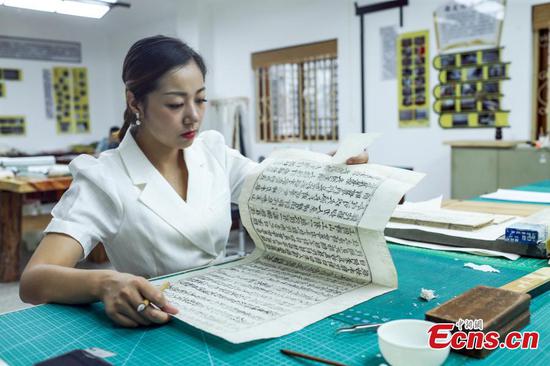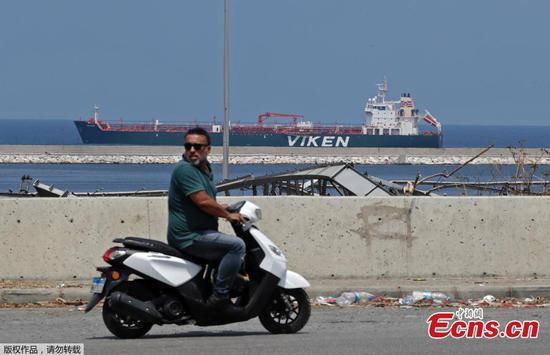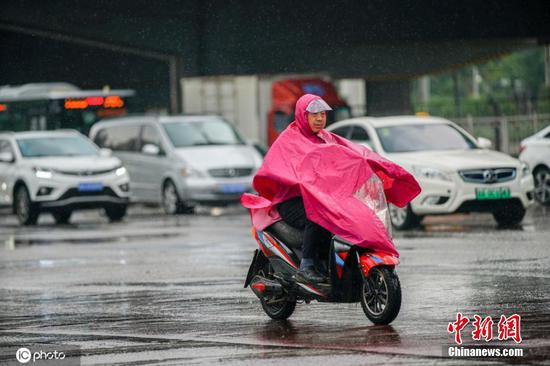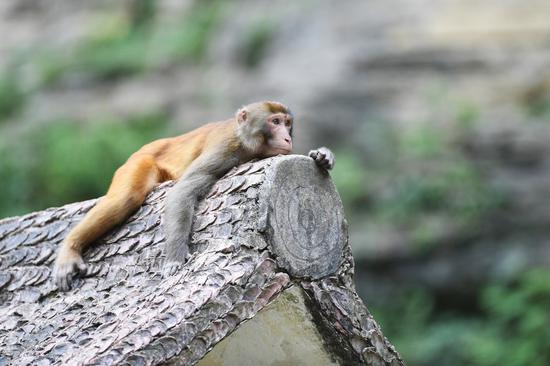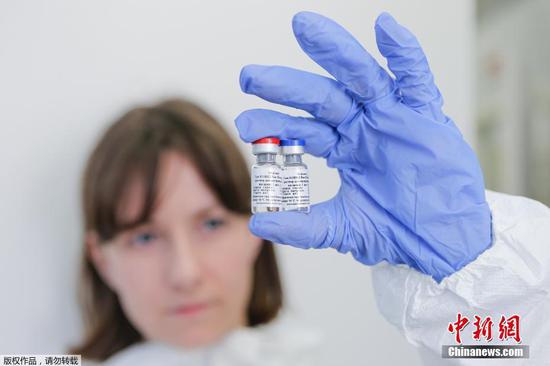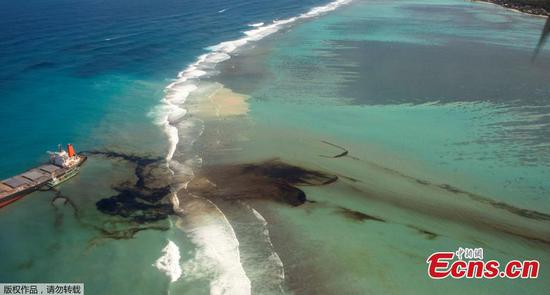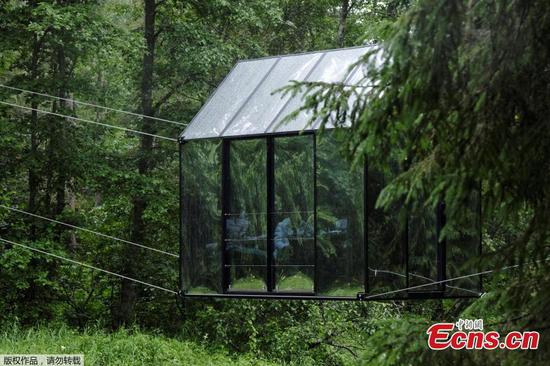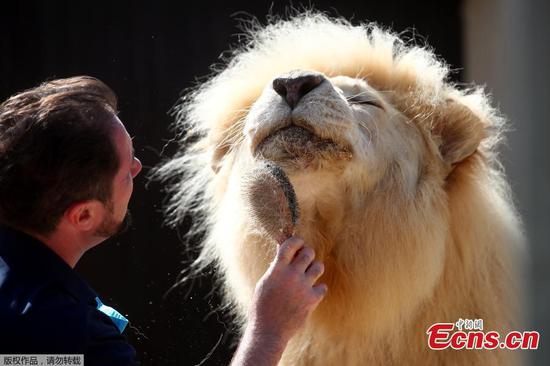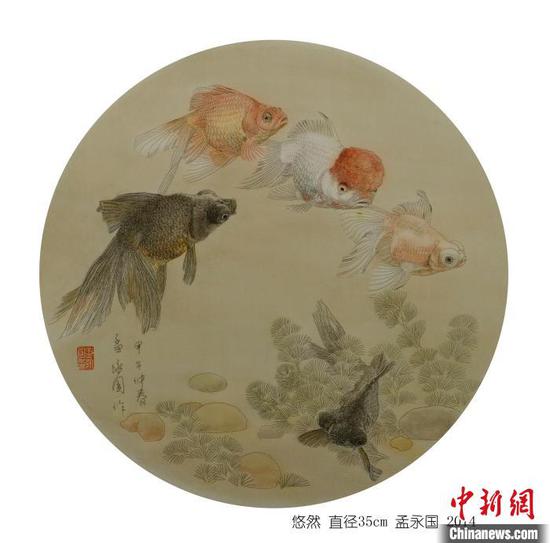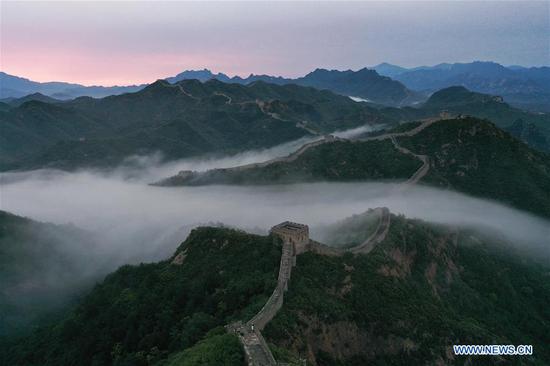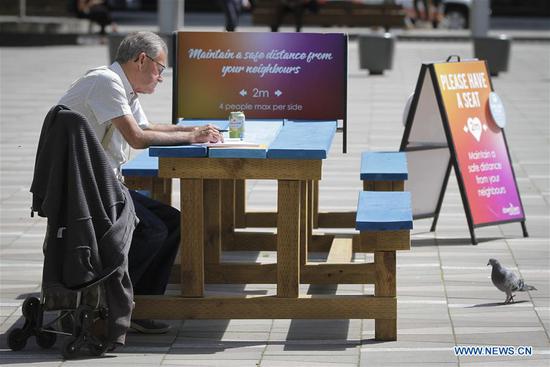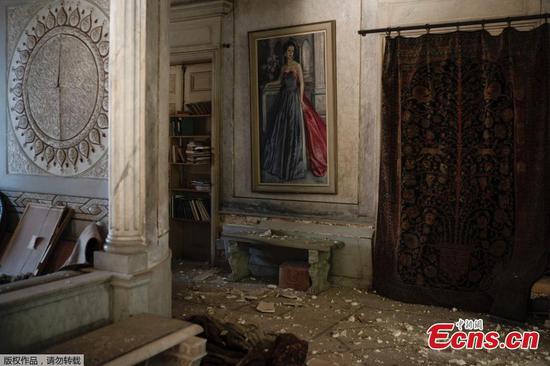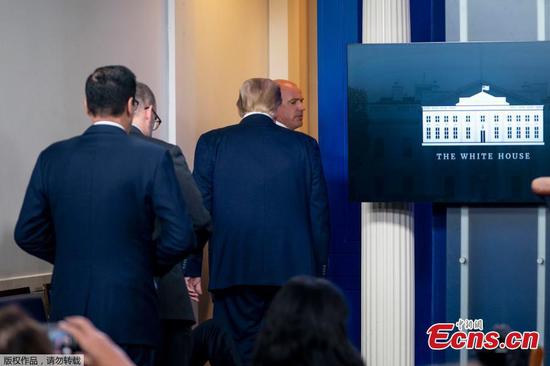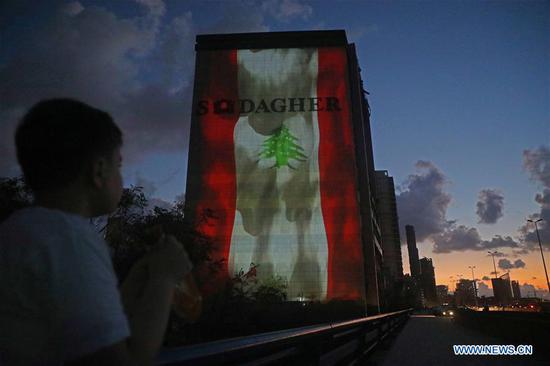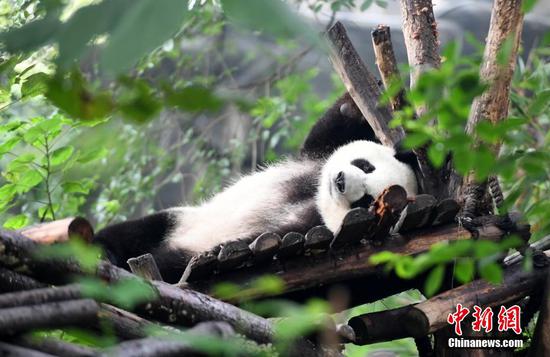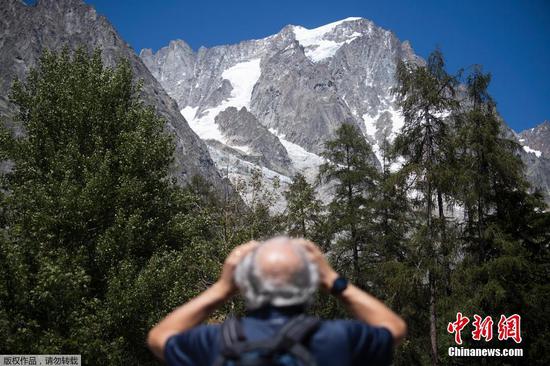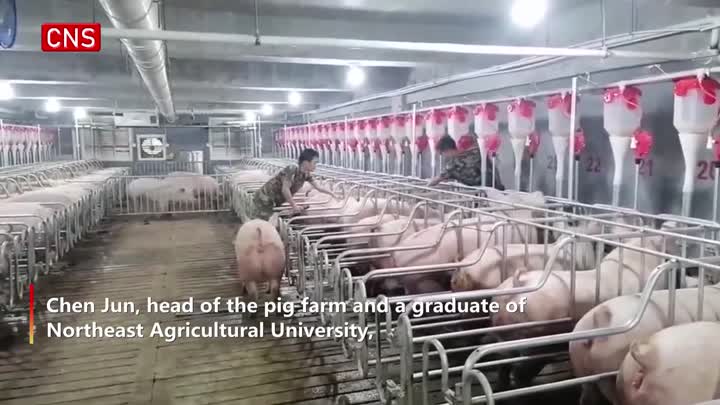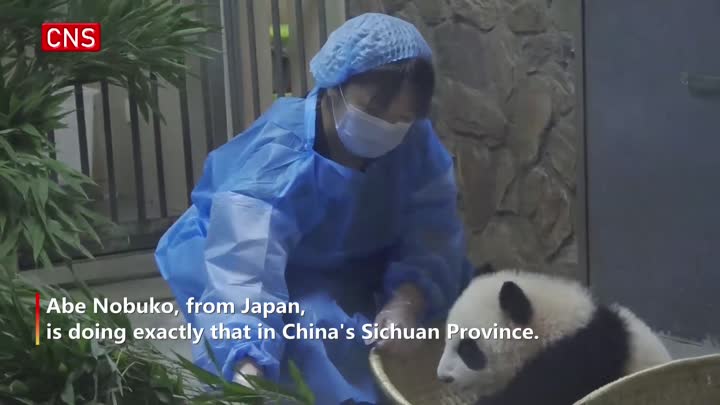
That all Hong Kong publishing houses have finished revising their liberal studies textbooks according to requirements of the Education Bureau of the Hong Kong Special Administrative Region is a welcome development, as it means the SAR is finally beginning to set things right in its schools.
The publishing houses started disclosing the revised contents from Monday, and even a cursory look at the changes is enough to appreciate how necessary and overdue they were.
For instance, almost all the unrevised liberal studies textbooks, some of which have been used for more than a decade, portrayed the political and social systems of the Chinese mainland as backward in comparison to the West, as represented by the United States and the United Kingdom.
The books even encouraged students to take the initiative to resist any influence from the mainland even if that led them to break the law, making them believe that in so doing they would be struggling for the good of Hong Kong, with the US and the UK as their natural allies.
That explains why the Stars and Stripes and the Union Jack could be seen being waved amid the chaotic scenes of street violence in Hong Kong.
No wonder many of the youths in Hong Kong today identify themselves as being closer to those two countries than to China, which makes them ready to be turned into their pawns to "liberate" the city as it is easy for them to be brainwashed by some Western politicians having ulterior motives toward China.
In this process the young people are invariably convinced that the laws are shackles to be broken, and they can thus cast their "bravery" in a heroic light.
Most of the more than 9,000 people detained by the police in Hong Kong since the violence first erupted in June last year are young people, among whom 40.4 percent are students — preparing for tests and traveling are often the excuses they offer when pleading to be released on bail.
As such, Hong Kong's liberal studies education, which was introduced as a compulsory course in 2009, and a subject in the college entrance exam in 2012, with the aim of inculcating the right values and outlook on the world in students, has betrayed its purpose. Intriguingly, among all the compulsory courses in middle schools in the SAR, it was the only one whose textbooks were exempt from review and approval by the education bureau. That means there were actually no protective screens to prevent the aforementioned subversive content from reaching Hong Kong's youth over the past decade.
The liberal studies textbooks should be subject to the same review and approval process as other textbooks. The education sector must be "crystal clear" on cardinal questions of right and wrong as Hong Kong Secretary for Education Kevin Yeung Yun-hung has said. So with some teachers and education professionals being detained or fired for openly endorsing or directly participating in violence and secessionist activities — some of whom authored the old textbooks — how to ensure the content of the revised textbooks can be properly delivered in classrooms by qualified teachers is another practical challenge that must be addressed.









